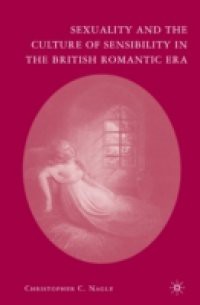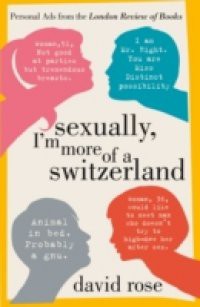Drawing together theoretically informed literary history and the cultural history of sexuality, friendship, and affective relations, this is the first study to trace fully the influence of this notorious yet often undervalued cultural tradition on British Romanticism, a movement that both draws on and resists Sensibility's excessive embodiments of non-normative pleasure. Offering a broad consideration of literary genres while balancing the contributions of both canonical and non-canonical male and female writers, this bold new study insists on the need to revise the traditional boundaries of literary periods and establishes unexpected influences on both Romantic and early Victorian culture and their shared pleasures of attachment.


















